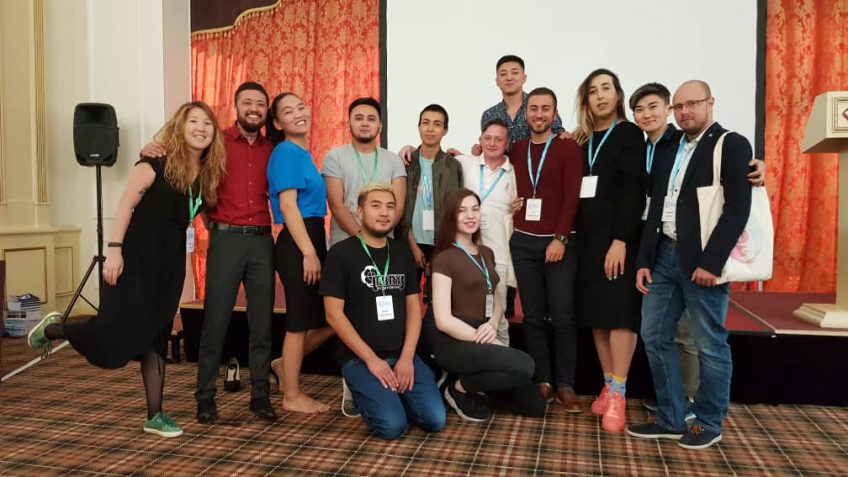First Trans Health Conference in Central Asia

We are delighted and grateful for the opportunity of being involved in the organisation and to have participated in the first Trans Health Conference on “Health and Quality of Life of transgender people in Central Asia: achievements, barriers and perspectives” that was held between the 25-27th of September in Kyrgyzstan. An organizing committee was formed by activists representing Alma-TQ (https://www.alma-tq.org/ Kazakhstan), Labrys (http://www.labrys.kg/ Kyrgyzstan), LighT (Tajikistan).
The conference became a platform for open dialogue, exchange of experiences and development of partnerships between activists, medical professionals, allies and decision makers from different countries of the region.
Participants from the regions of Kyrgyzstan and Bishkek, delegations from Kazakhstan, Tajikistan and other Central Asian countries were invited to participate in the conference. They consisted of: lawyers, decision-makers, justice system officials, education professionals, labour specialists, social support workers, representatives of ministries and departments, parents and siblings of trans people.
All conference participants had the opportunity to get acquainted with the realities of the life of trans people in the region. Furthermore, powerful trans activists who are organized to overcome challenges and improve their lives gave inspiring presentations.
Legal gender recognition is a challenge for the Central Asia Region and the first day was dedicated to analysis and discussions around it. Specialists such as gynaecologists, urologists, psychologists, psychotherapists and endocrinologists also presented their many years of experience in providing services to trans people. The parents group “Medusa”, which was organized in 2018, was also represented at the conference.
Sanjar Kurmanov, CACEE project manager and Leo Mulió, Health Officer, both as part of the TGEU team, were involved in the organization of the Conference. They supported it by strengthening alliances and sharing knowledge. During the Conference they introduced best practices and strategies around Legal Gender Recognition legislation and procedures and our soon to be published “Guidelines to Human Rights-based Trans-specific Healthcare”.
We hope this Conference will promote the improvement of trans-related legislation and professional practices, and support the regional community work and advocacy.